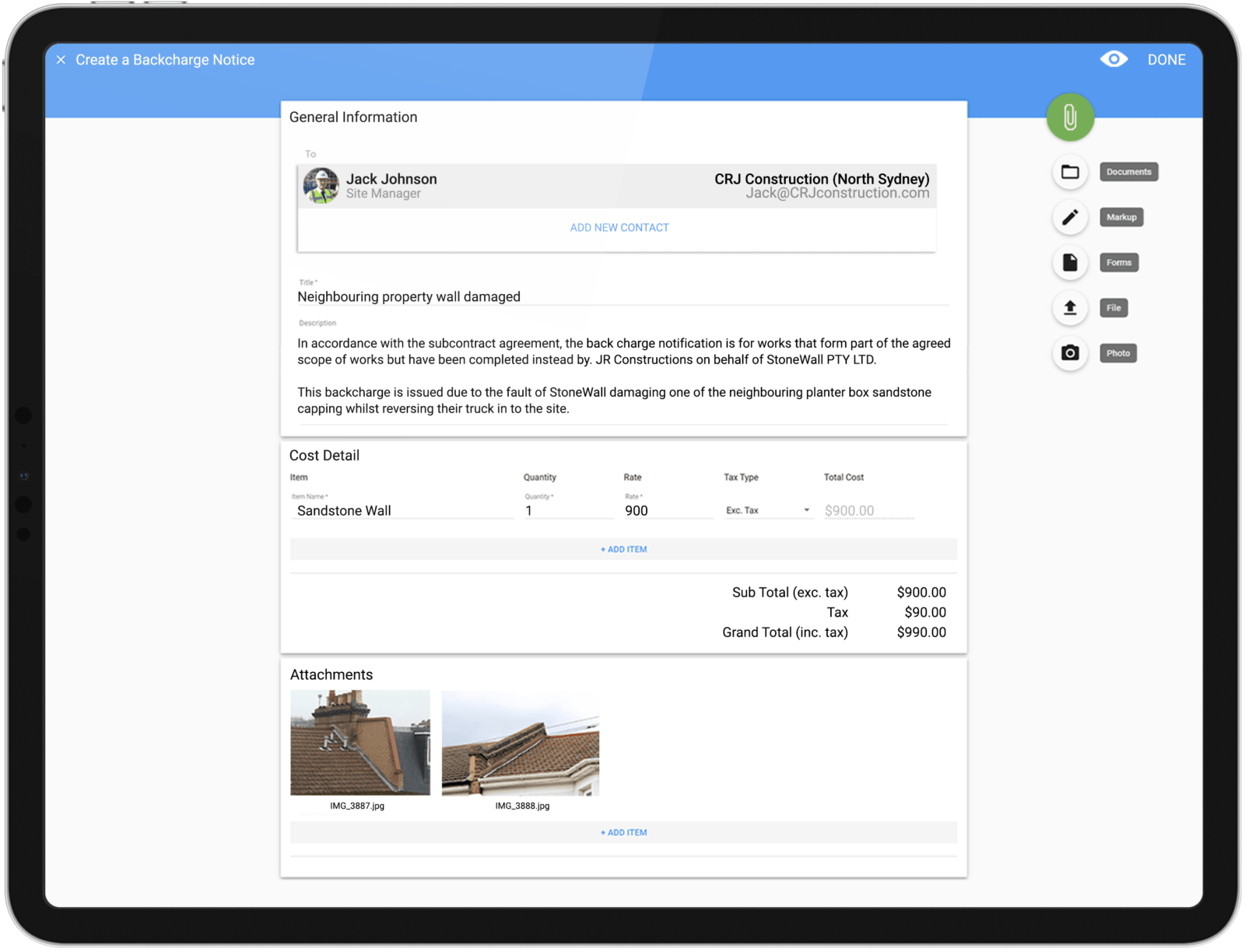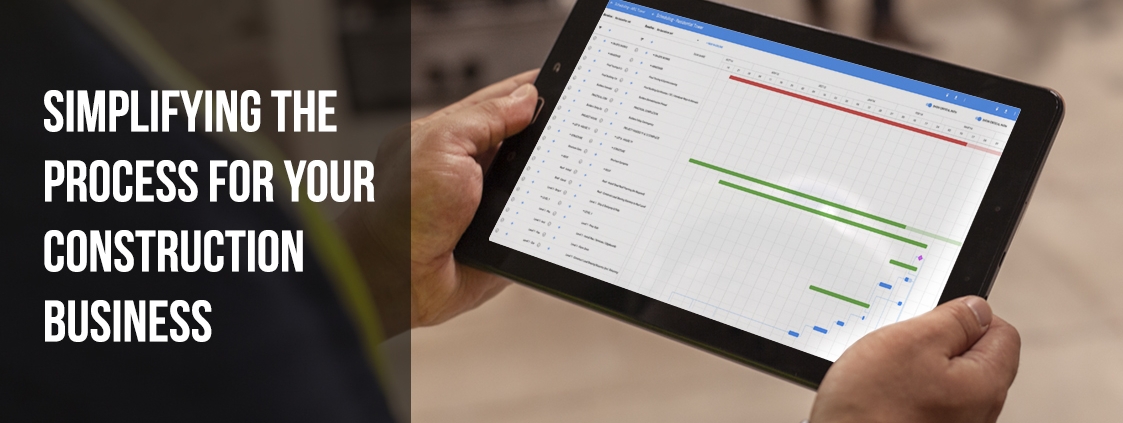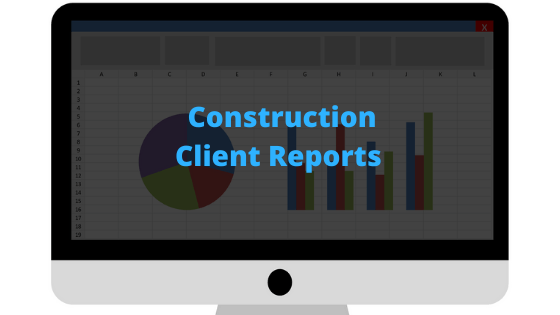Efficient Management of Construction Back Charge
In the construction industry, back charges are a common occurrence when a contractor or sub-contractor fails to meet their contractual obligations or causes additional costs to the project. The efficient management of construction back charges is crucial to ensure fair and timely resolution of financial disputes and to maintain project profitability. This section explores the importance of effective back charge management and outlines some strategies that can be employed to streamline the process.
Clear Contractual Agreements
To facilitate efficient back charge management, clear and well-defined contractual agreements should be established from the beginning of a project. Contracts should clearly outline the responsibilities and obligations of each party involved, including the circumstances under which back charges may be incurred. By having a thorough understanding of the contract terms, contractors and sub-contractors can minimize the chances of disputes and potential back charges.
Documentation and Record Keeping
Proper documentation and record keeping are essential for effective back charge management. Contractors should maintain a comprehensive record of all project activities, including daily logs, change orders, and communication records. These documents serve as evidence in case a back charge claim needs to be made or disputed. By maintaining accurate and organized records, parties involved can easily refer to specific incidents or changes that led to the back charge, facilitating a fair and efficient resolution process.
Prompt Identification and Notification
Timely identification and notification of potential back charges are crucial for effective management. Contractors and sub-contractors should promptly identify any deviations from contractual obligations or instances where additional costs are incurred due to the actions or inactions of others. Once identified, the responsible party should be promptly notified, allowing them the opportunity to rectify the issue and prevent the back charge from being imposed. Timely communication helps avoid misunderstandings and allows for prompt resolution of disputes.
Fair Assessment and Documentation of Back Charges
When back charges are deemed necessary, it is important to ensure their fair assessment and documentation. The responsible party should provide a detailed breakdown of the costs incurred, clearly outlining how they are linked to the breach of contract or additional work caused by others. The documentation should be transparent, accurate, and supported by relevant evidence. This helps prevent disputes and facilitates efficient resolution by providing a clear understanding of the circumstances surrounding the back charge.
Timely Resolution and Communication
Efficient back charge management requires timely resolution and effective communication between all parties involved. Once a back charge is assessed and documented, it should be promptly communicated to the responsible party, providing them with an opportunity to respond or dispute the charge. Clear communication channels and regular progress meetings should be established to address any concerns or disagreements. Timely resolution helps prevent delays in project completion and ensures that financial disputes do not escalate, ultimately impacting project profitability.
Dispute Resolution Mechanisms
In cases where back charges are disputed, having effective dispute resolution mechanisms in place is essential. Construction contracts should include provisions for alternative dispute resolution methods such as mediation or arbitration. These mechanisms provide a fair and impartial forum for parties to present their arguments and seek resolution without resorting to costly and time-consuming litigation. By having agreed-upon dispute resolution processes, back charge disputes can be resolved more efficiently, minimizing project disruptions and preserving relationships between project stakeholders.







